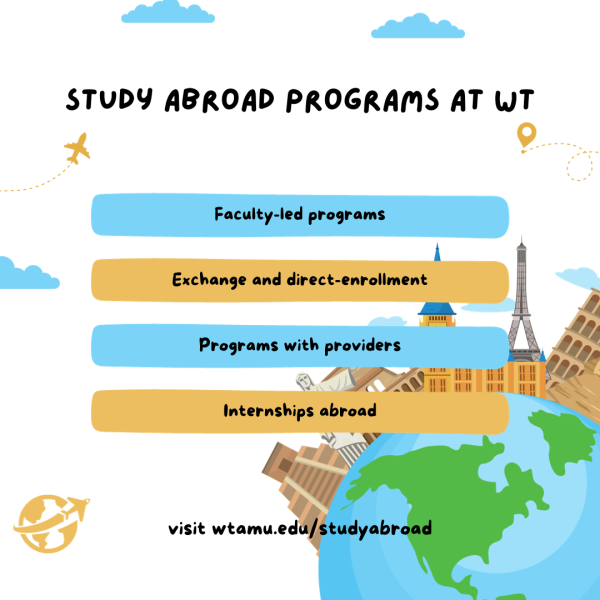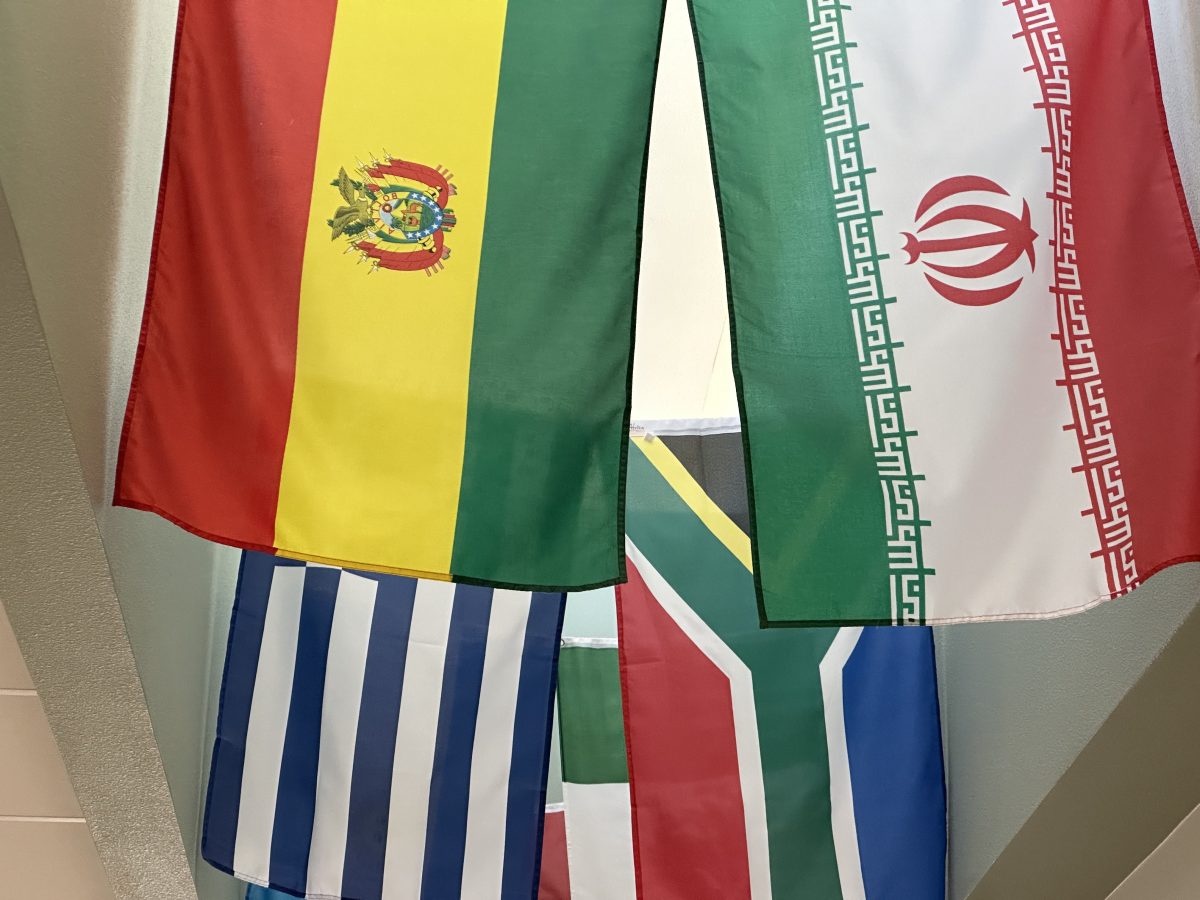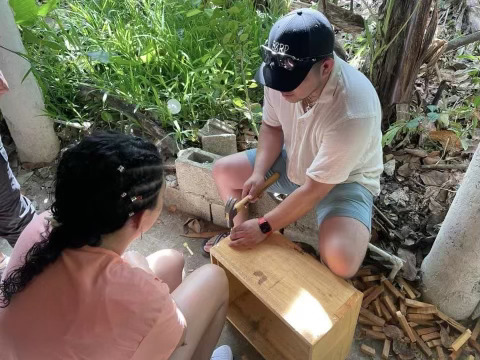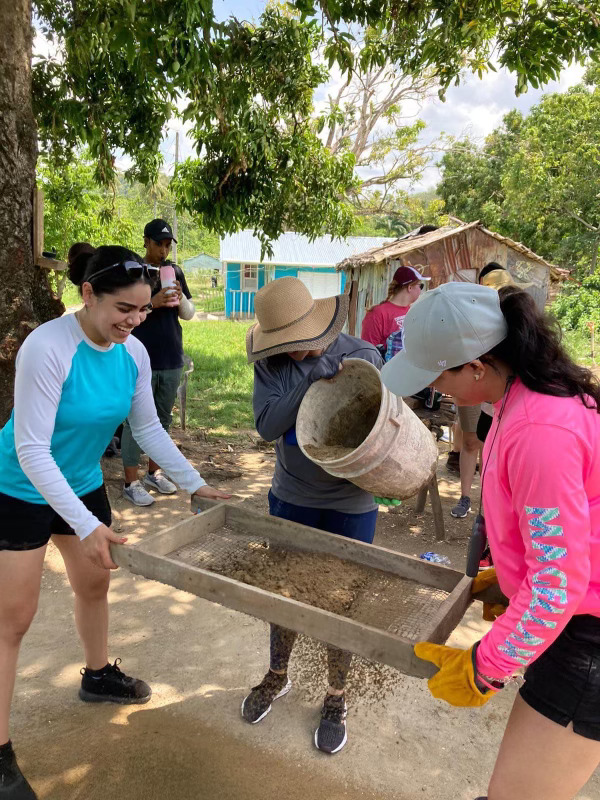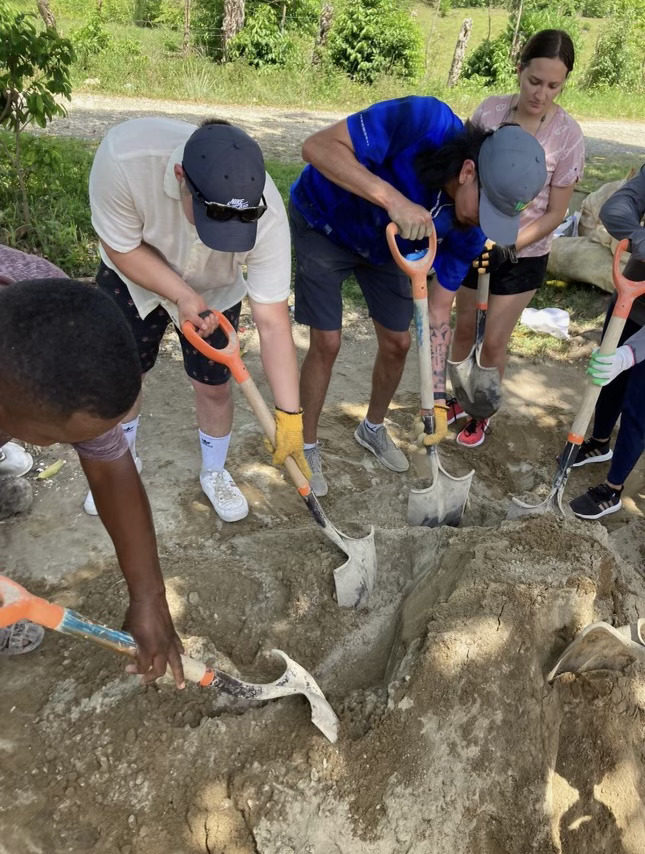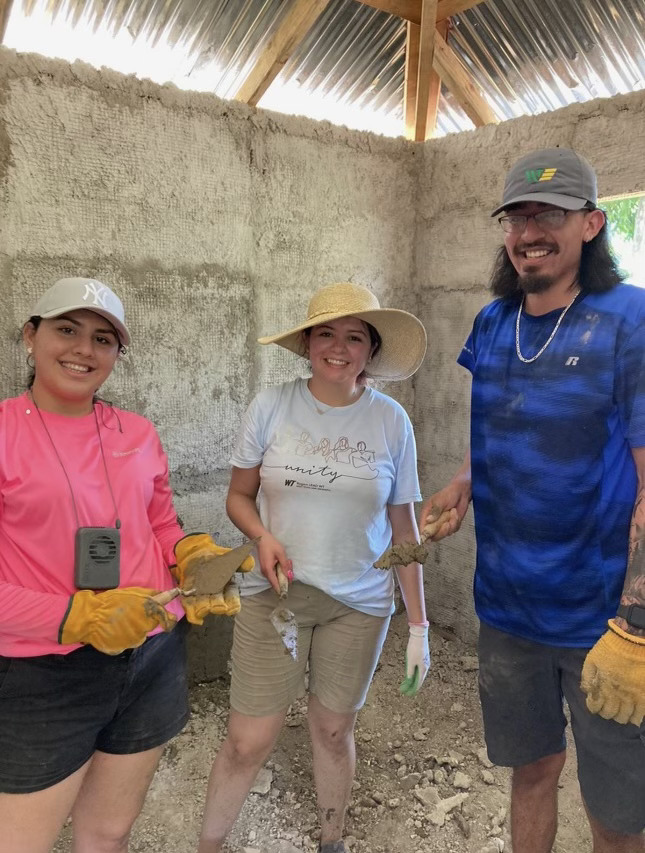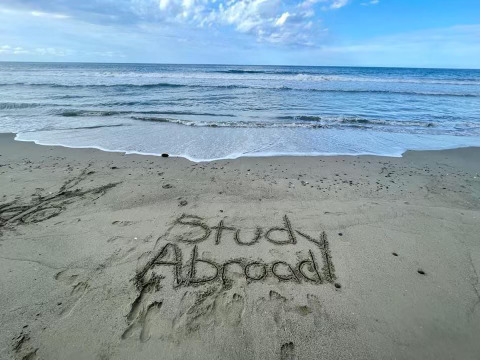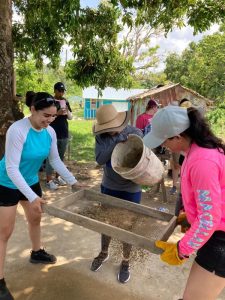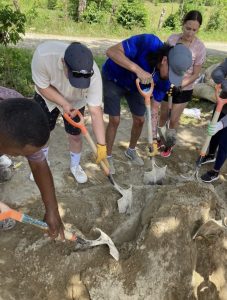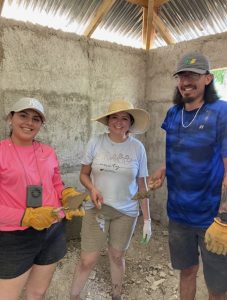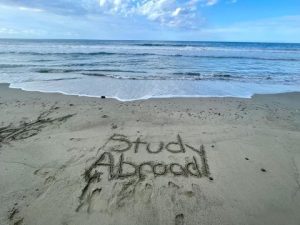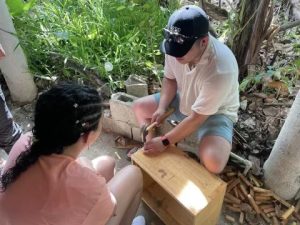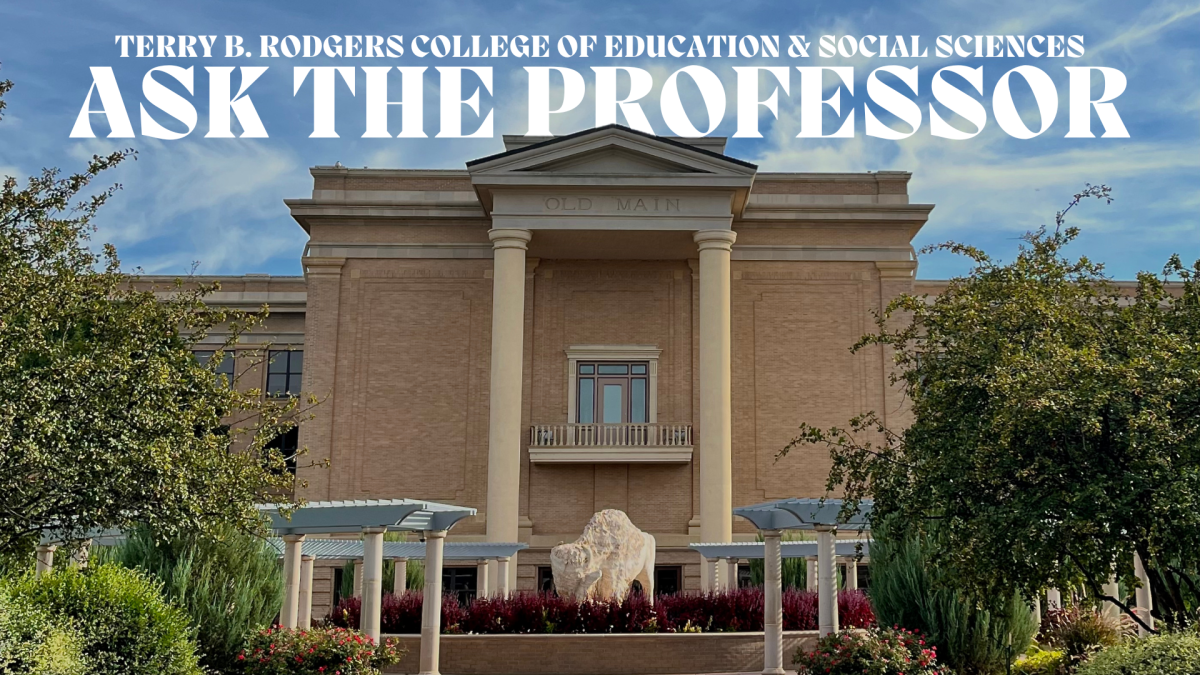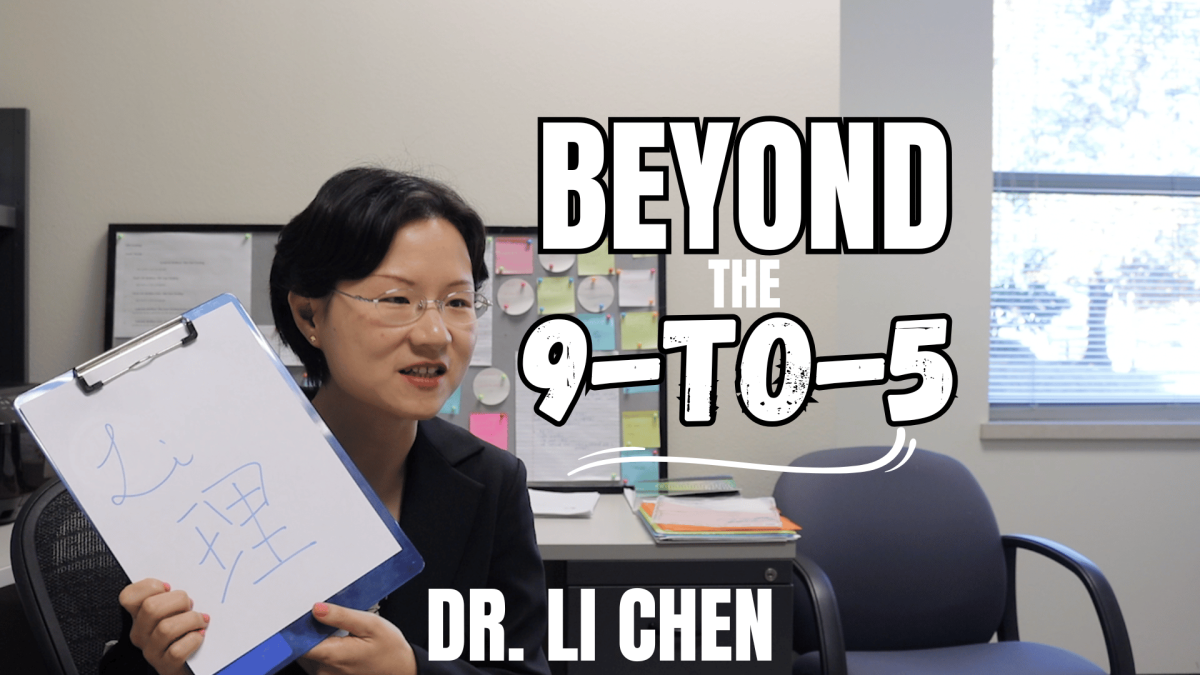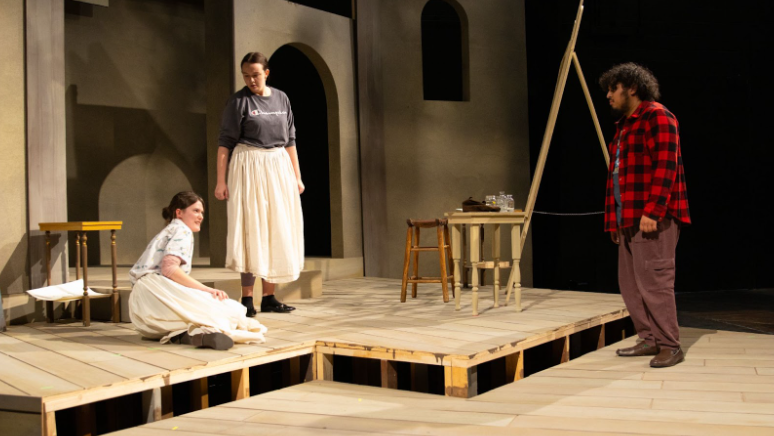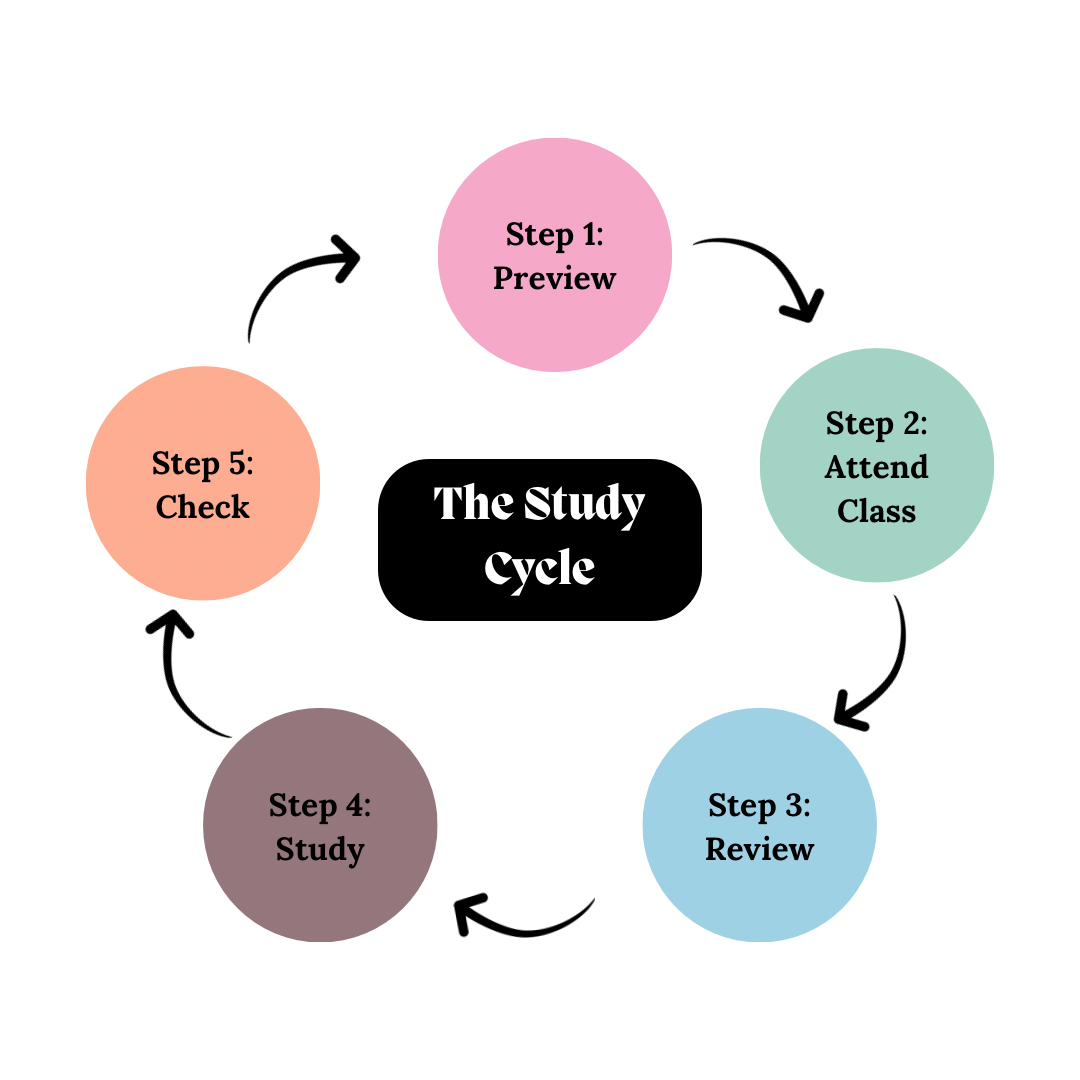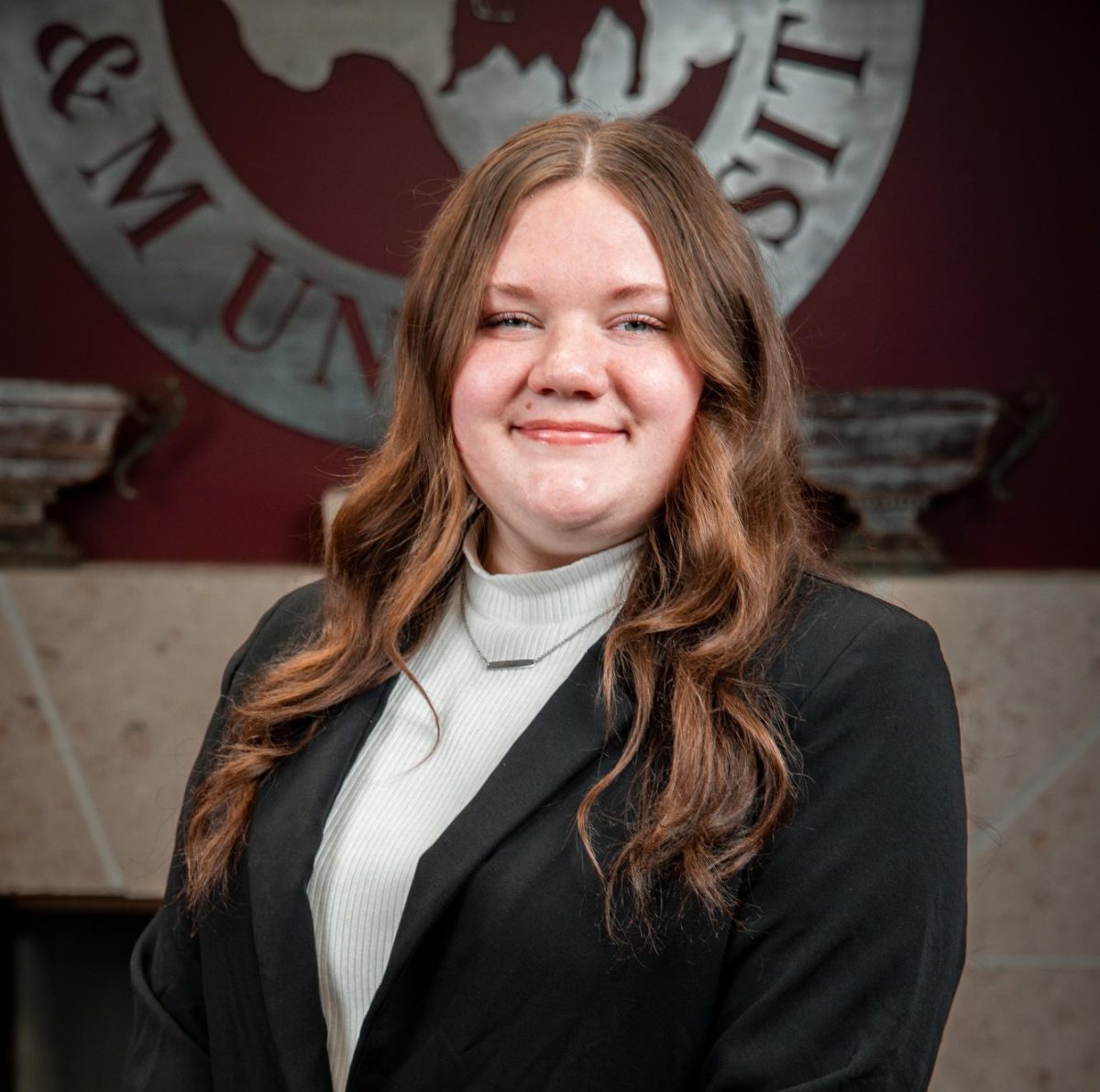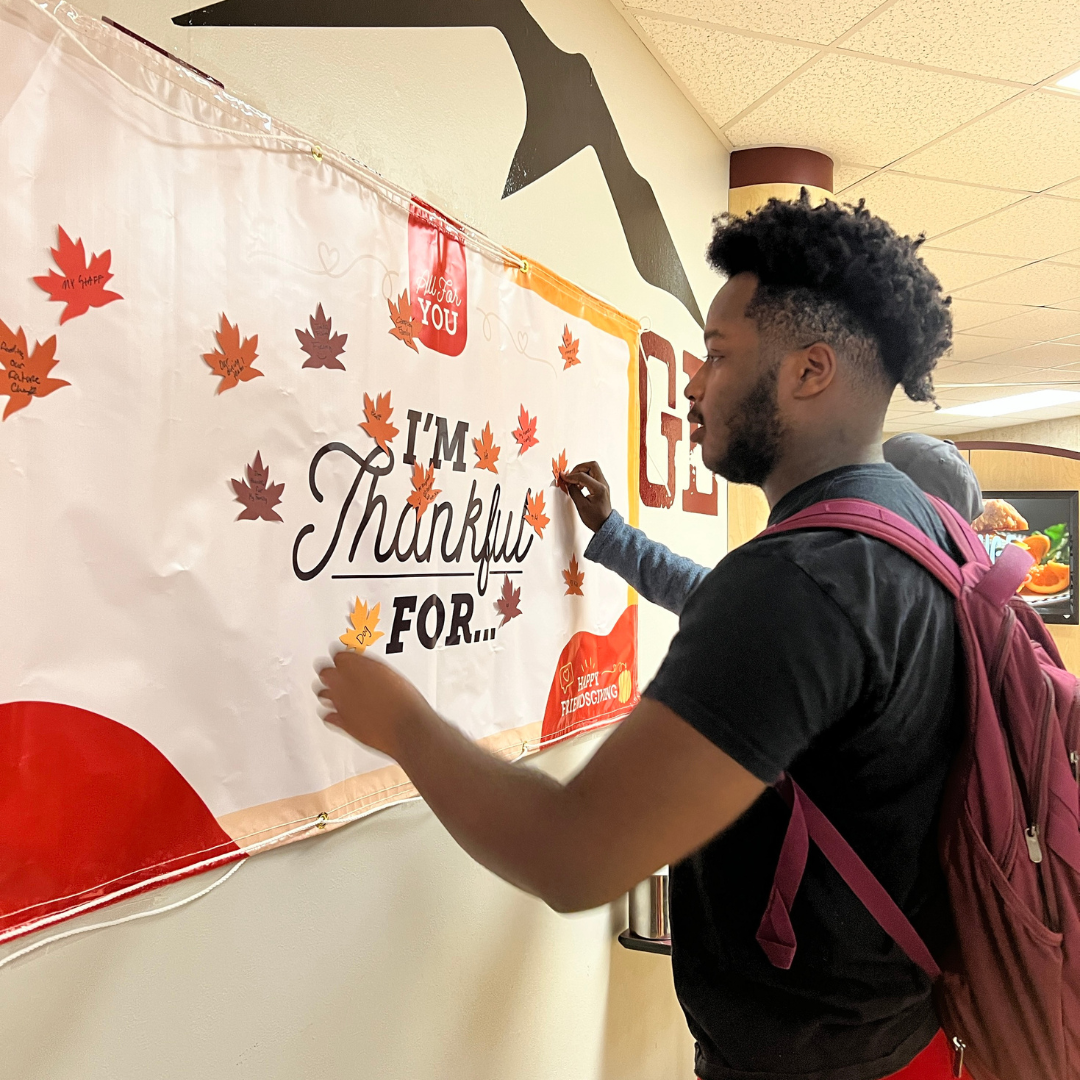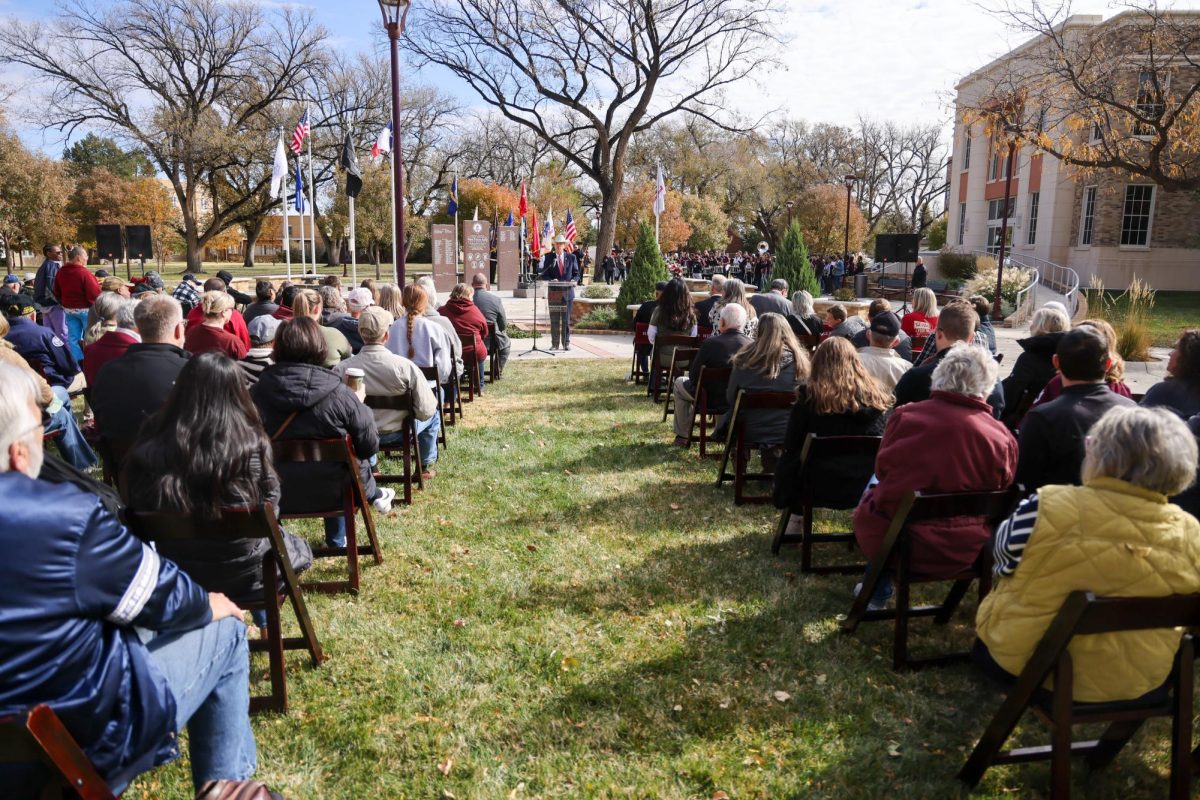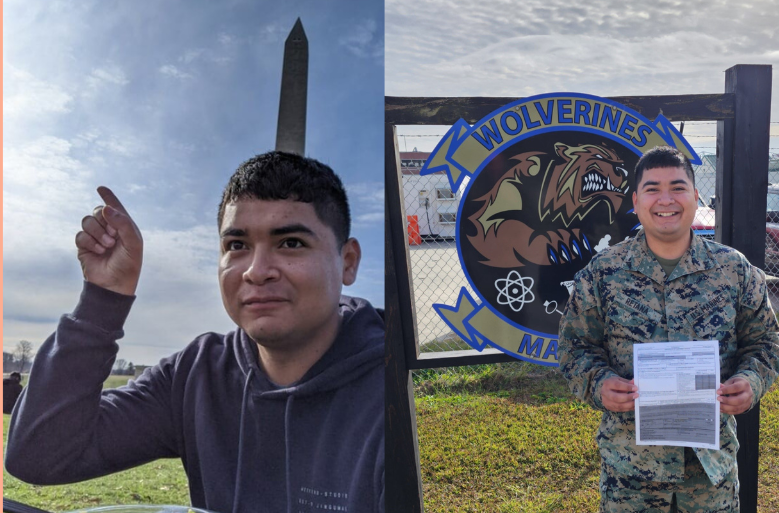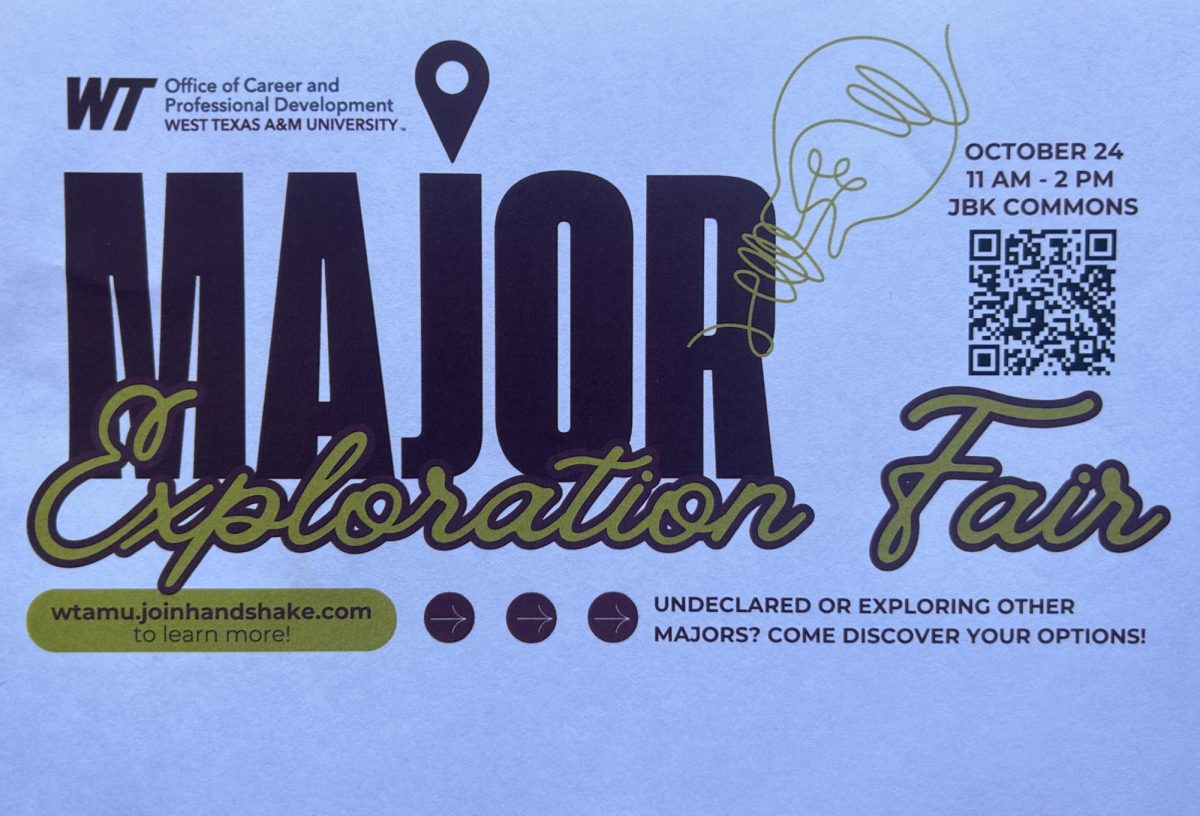Faculty-led study abroad programs at West Texas A&M University offer students a chance to expand their academic horizons, engage with diverse cultures and foster personal development. These programs reach beyond the university campus, connecting students with global experiences and opportunities for cross-cultural interaction.
For students like Azeneth Aguero, a junior majoring in psychology at WT, the decision to participate in a faculty-led study abroad program to the Dominican Republic in May was eye-opening.
“I feel like now I have more empathy for people,” Aguero said. “I learned a lot about how people struggle economically and the opportunities that we have [in the United States] that they don’t have in the [Dominican Republic].”
At WT, studying abroad is not just about earning credits in foreign locations; it’s a journey that can integrate classroom learning with real-world experiences.
Andrew Reynolds, professor of Spanish and director of the Spanish program, said that these programs blend coursework with cultural immersion. For instance, homestays with local families are incorporated with the trips to allow students a more authentic experience. Students are given free time to explore the area they’re staying to maximize community engagement.
Reynolds also emphasized the value of studying abroad.
“That’s how you are immersed in the culture,” Reynolds said. “It’s this beautiful experience for students to learn and grow and understand how other people live.”
Reynolds also said these immersive experiences not only enhance language skills but also foster a deeper understanding of global issues. Students gain a newfound appreciation for diverse perspectives and learn to adapt to different cultural norms.
“It is a different experience, it is a different environment,” Aguero said. “You put yourself in a position that you have no option to avoid, so you just have to learn how to grow in that space.”
One distinguishing feature of these programs is the emphasis on service learning. Students actively engage in projects that make a positive impact on local communities.
“Service learning is really important,” Reynolds said. “We have it pretty well here in the U.S., and in doing service projects abroad really help us to see the needs of a particular community. They might be very similar to the needs here in the Panhandle of Texas but may [also] be very different.”
Jonathan Cordova, program coordinator for the Office of Study Abroad and Nationally Competitive Scholarships, shared the importance of these programs.
“Unique experiences that students face from these programs is that they experience the world,” Cordova said. “[Students] get to experience a different way of learning.”
Some examples include building houses in the Dominican Republic to participating in sustainable agriculture projects in Cape Town, South Africa. The service-learning component leaves a lasting impression on students.
“You’re going to experience another culture, you’re going to experience another country and meet new people that you will make lasting relationships with,” Cordova said. “It’s just a fun, fun experience.”
These programs impact students’ lives, shaping their college experience.
“I tell [students] to try it, try and experience the different cultures that are out there,” Aguero said. “It was one of my dreams to study abroad and I don’t regret it at all.”
For more information about study abroad opportunities at WT, visit wtamu.edu/studyabroad.
